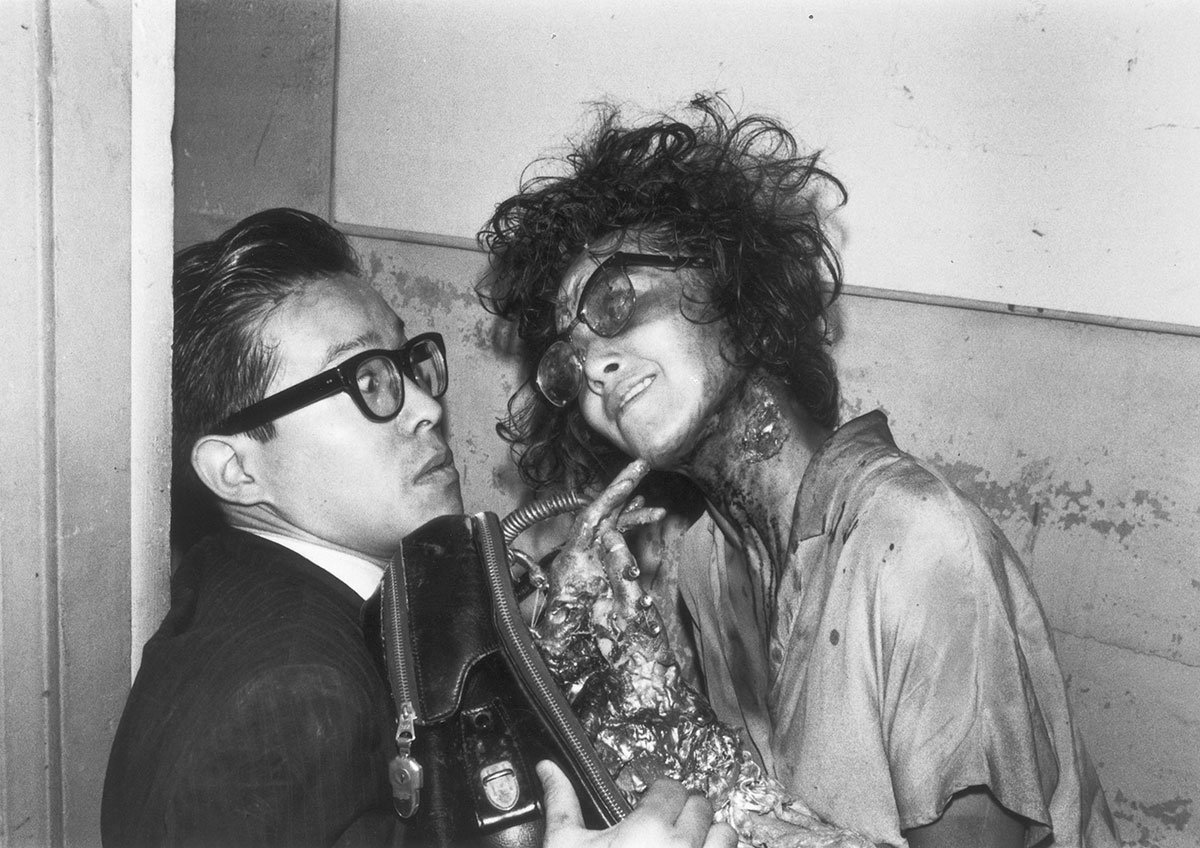
Tetsuo (1989). Ιαπωνική cyberpunk ταινία τρόμου του καλτ σκηνοθέτη Shin'ya Tsukamoto με πρωταγωνίστρια την Kei Fujiwara. Πρώτο μέρος μιας τριλογίας για το Τόκυο που ολοκληρώθηκε με τις ταινίες Tetsuo II: Body Hammer (1992) και Tetsuo: The Bullet Man (2009). Η Kei Fujiwara έπαιξε μόνο στην πρώτη ταινία. Βλ. Genkinahito's Blog.
Tetsuo (trailer).

The Neptune Factor (1973). Αμερικάνικη ταινία επιστημονικής φαντασίας του Daniel Petrie, στην οποία η Kei Fujiwara είχε τον πρώτο ρόλο της στον κινηματογράφο.

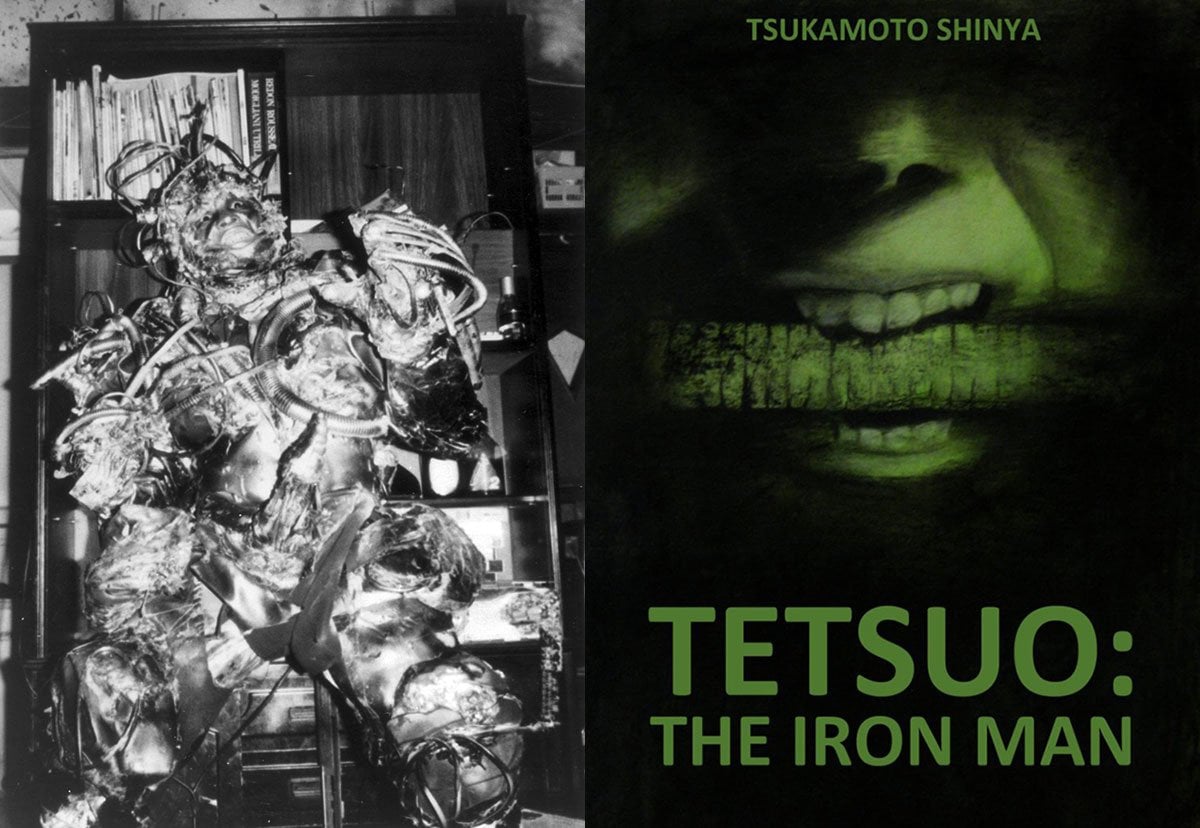
Tetsuo. Βλ. Vladivostok International Film Festival και writeriot.
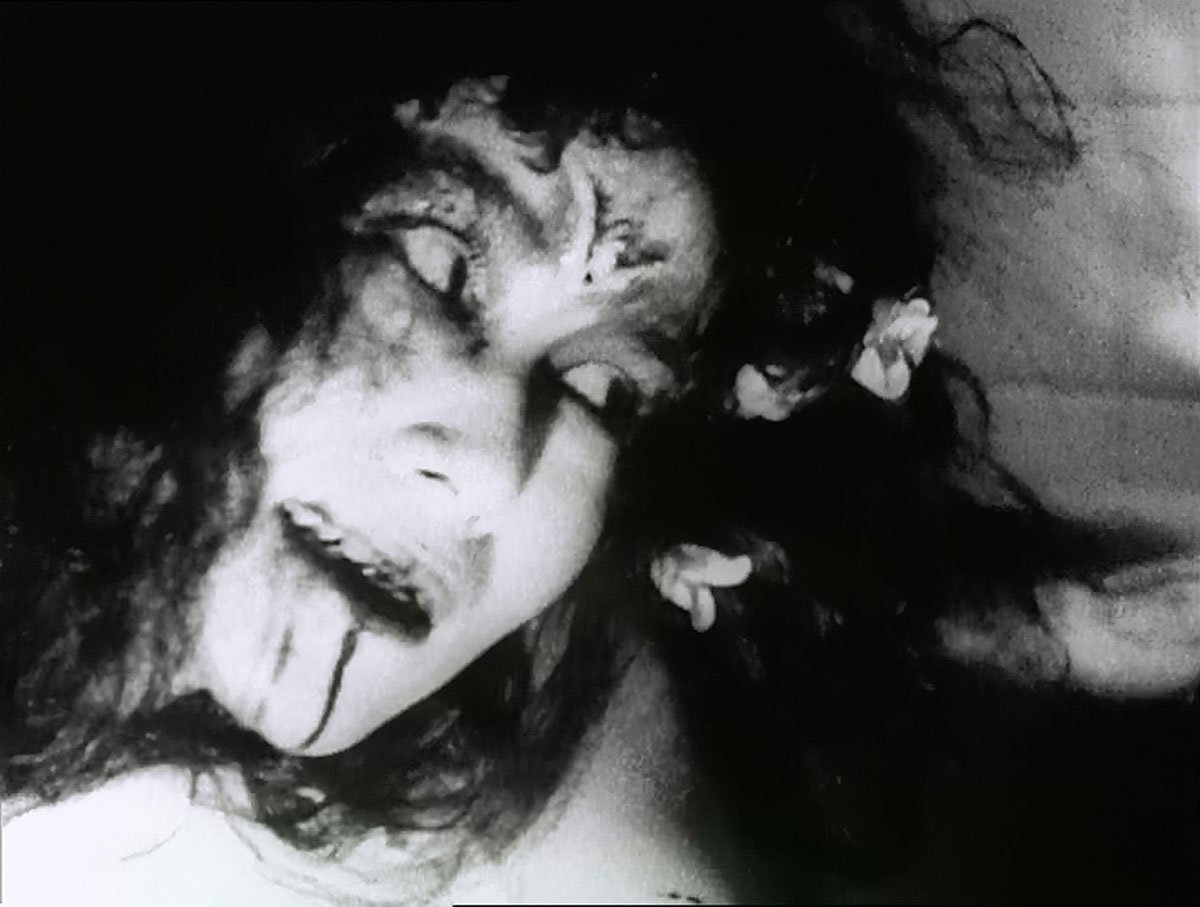
Tetsuo. Βλ. ozu-teapot.
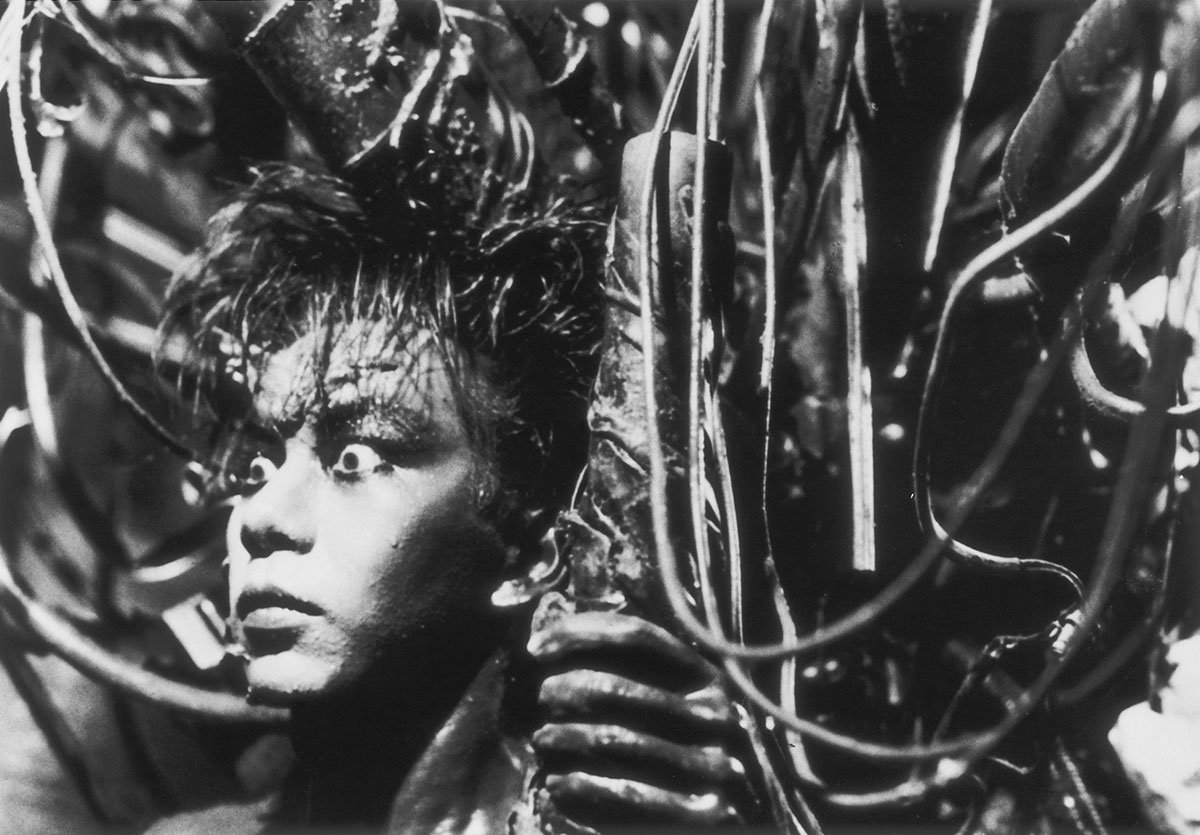
Tetsuo. Βλ. Genkinahito's Blog.
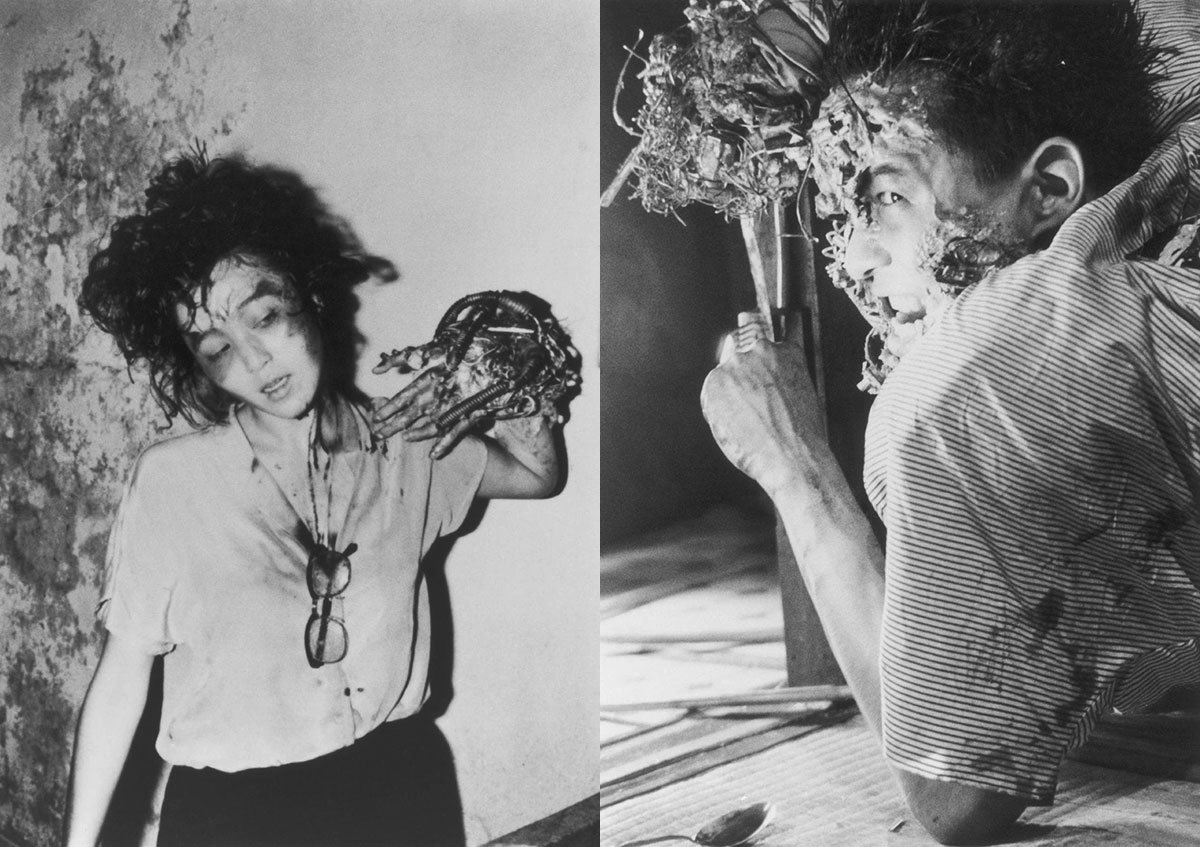
Tetsuo. Βλ. Jitendar Canth myReviewer.com.
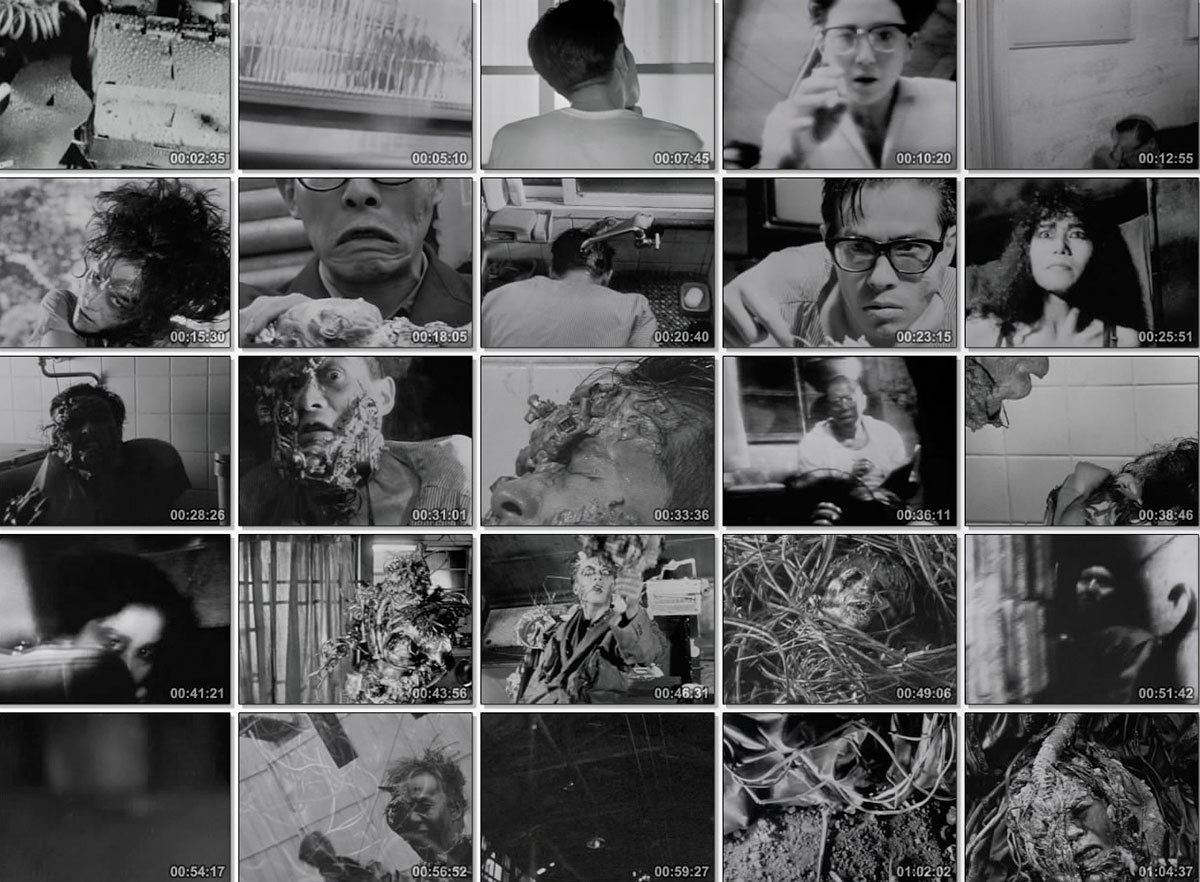
Tetsuo. Βλ. Cosmic Hearse.
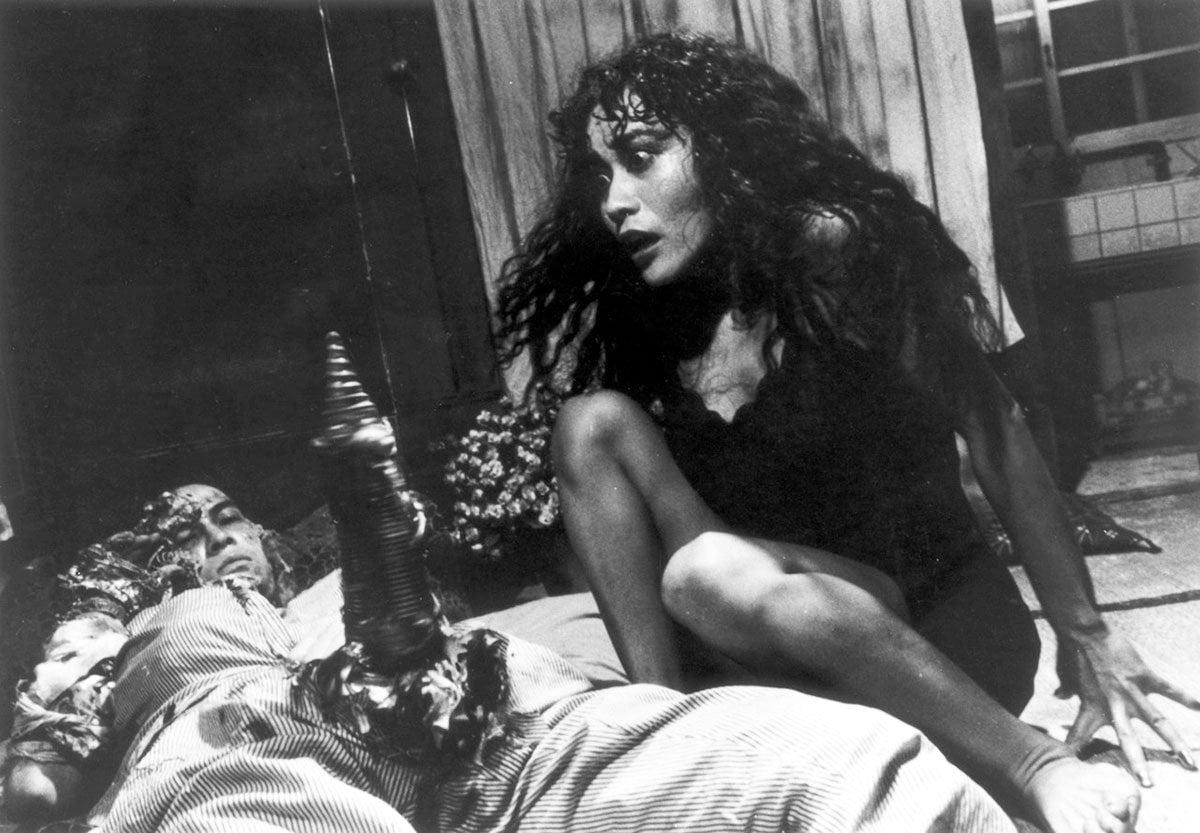
Tetsuo. Βλ. Noir Café.

Tetsuo. Βλ. rottentomatoes.
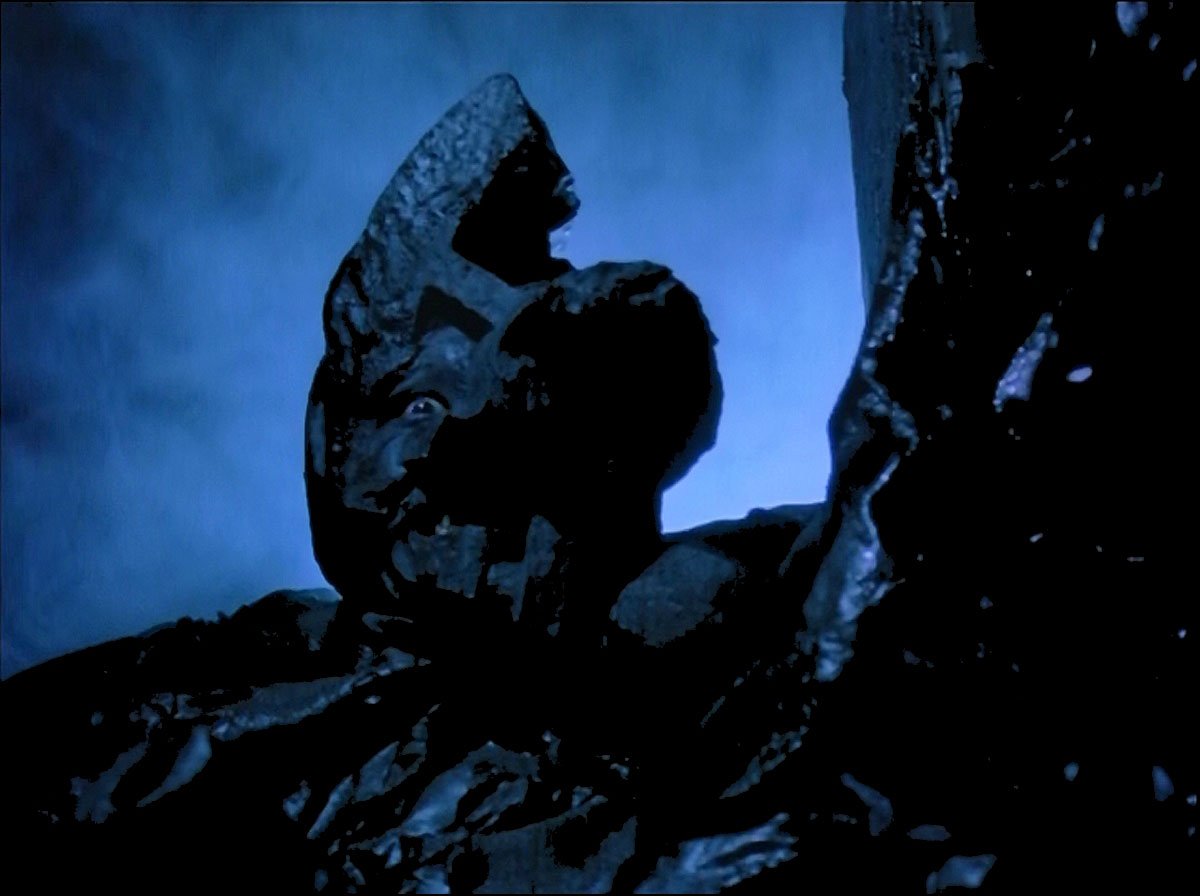
Tetsuo II. Βλ. ozu-teapot.
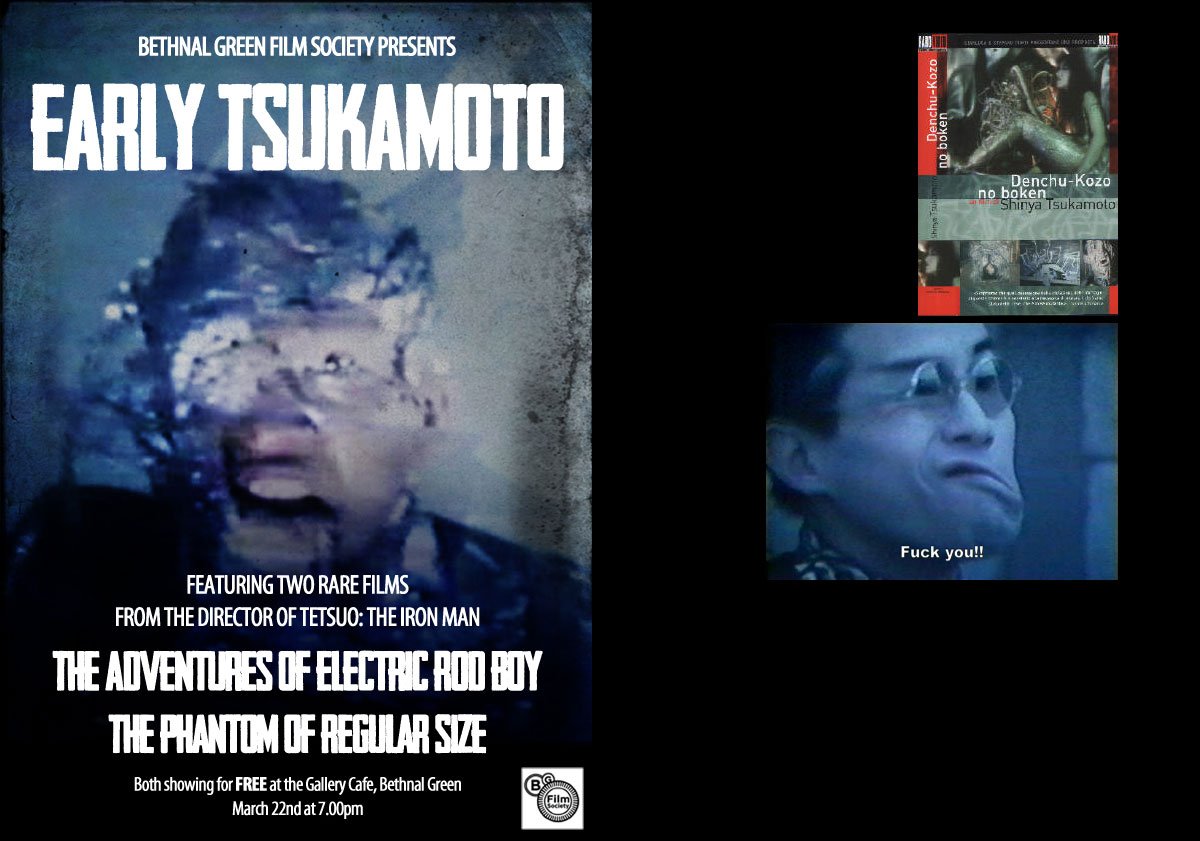
Denchu Kozo no boken, 1987 (ή The Adventure of Denchu Kozo, ή The Great Analog World), η δεύτερη ταινία του Shin'ya Tsukamoto όπου πρωταγωνίστησε η Kei Fujiwara. Βλ. ethanrace, aullidos και geefitcht.
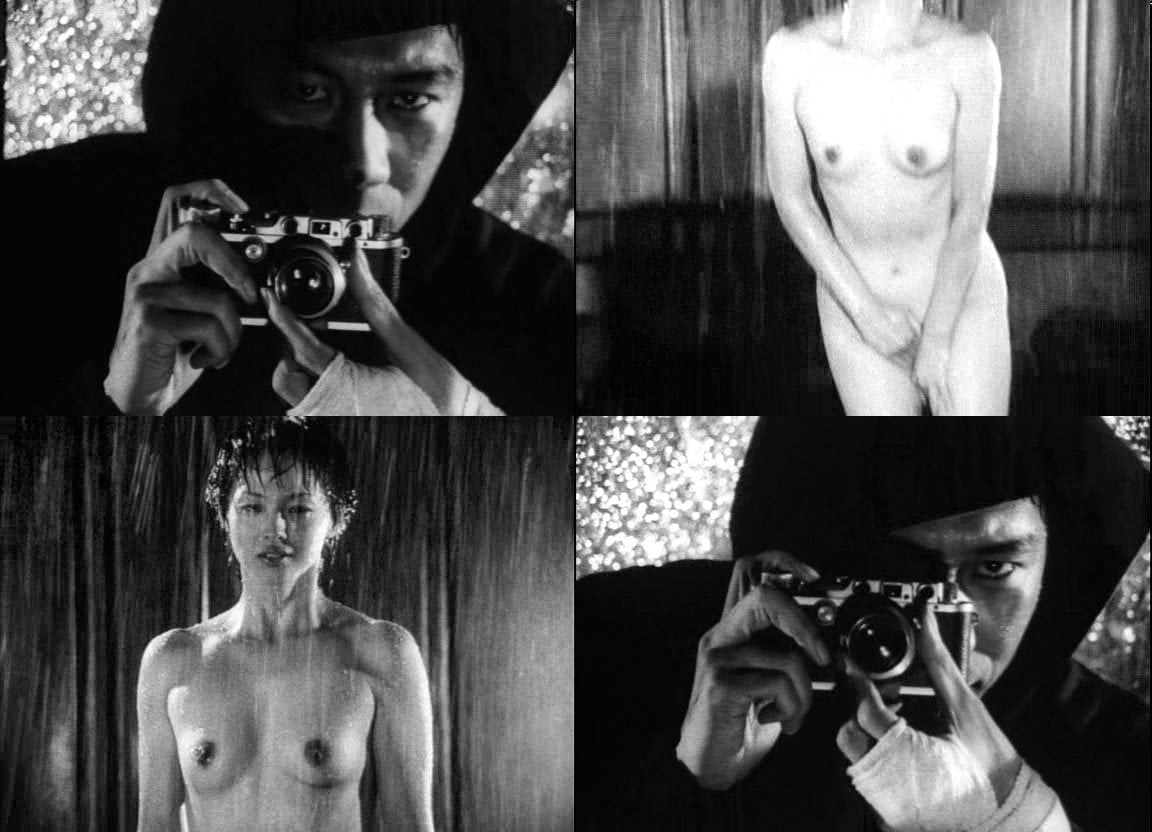
Denchu Kozo no boken. Βλ. depaginas.
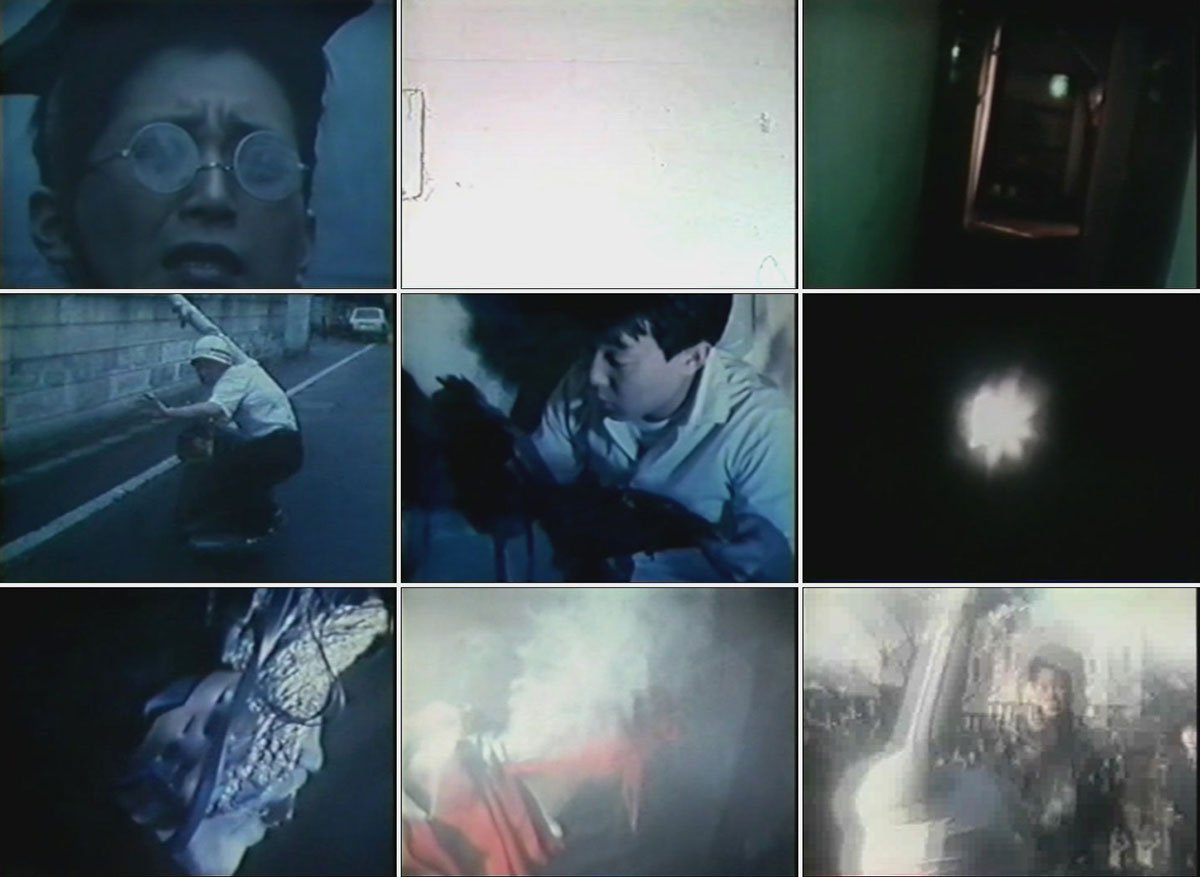
Denchu Kozo no boken. Βλ. kinos.ru.
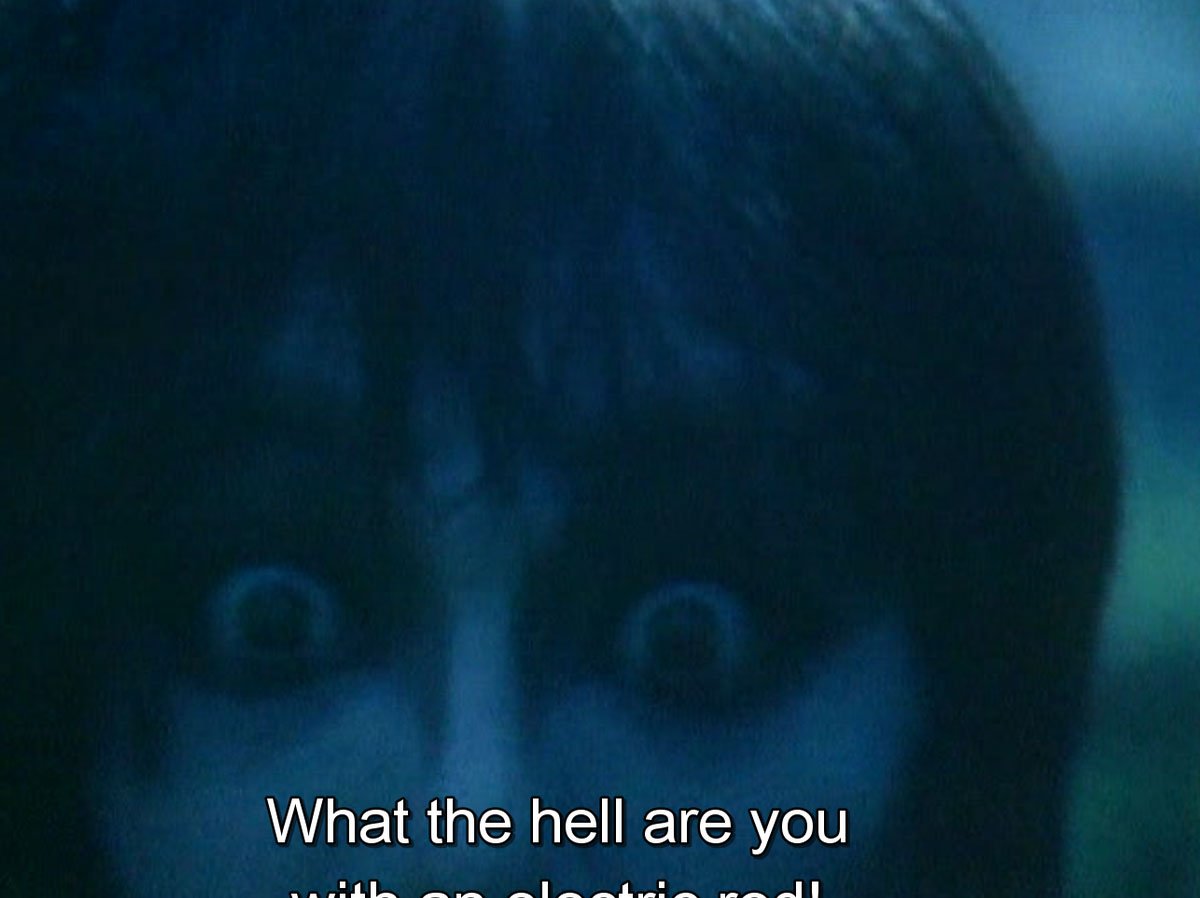
Denchu Kozo no boken. Βλ. dagseoultumblr.
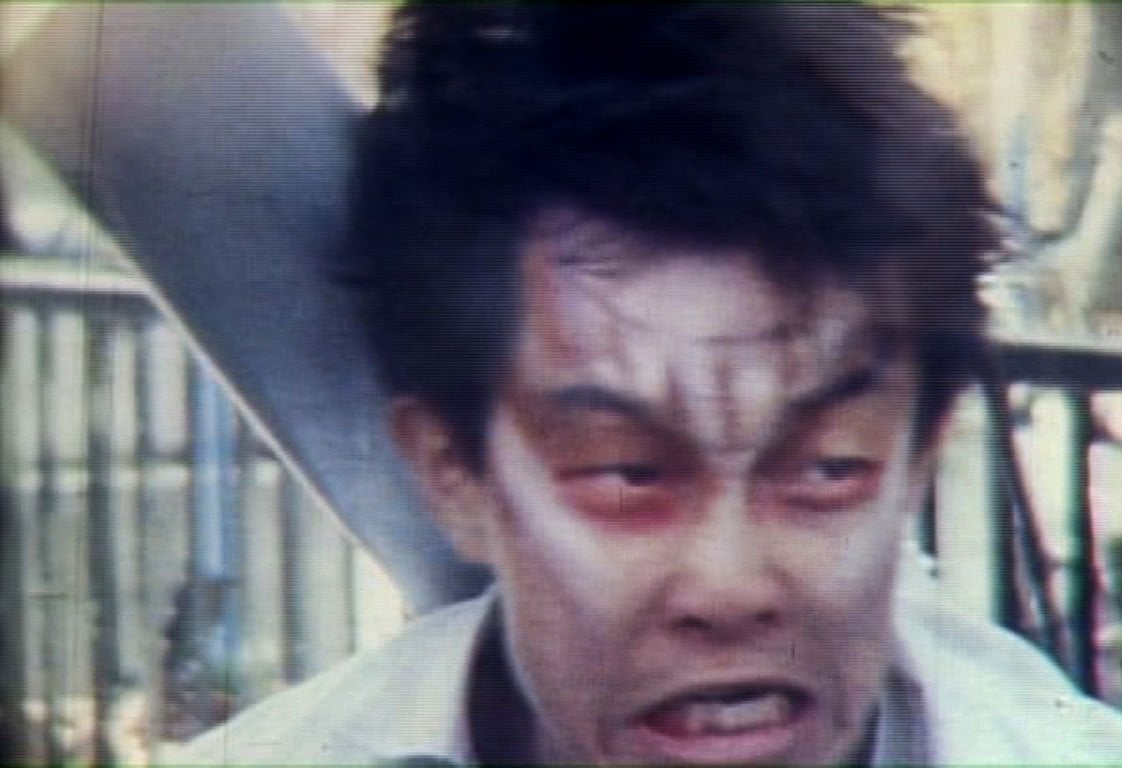
Denchu Kozo no boken. Βλ. denchu kozo no bokentumblr.
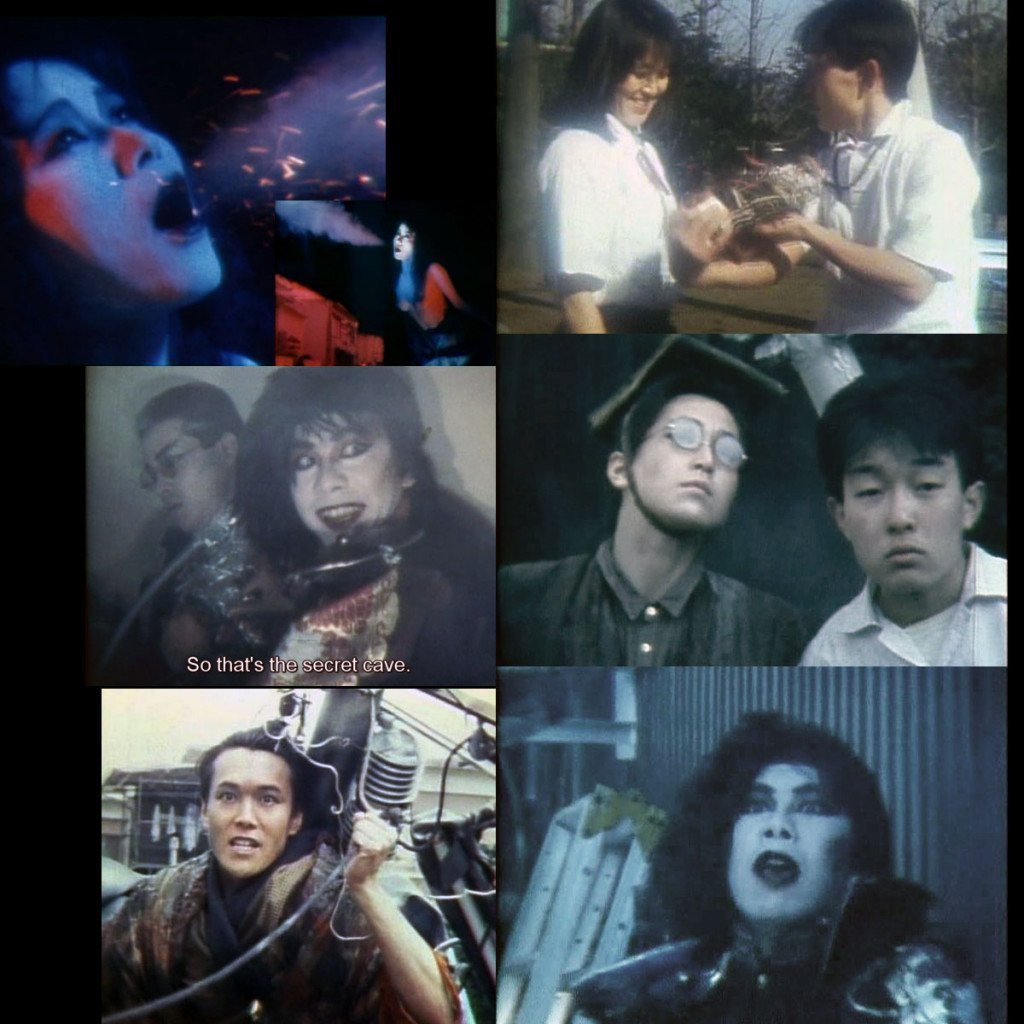
Denchu Kozo no boken. Βλ. ozu-teapottumblr, noircafe,community.flixster, Recensionerecensionihc.inf.
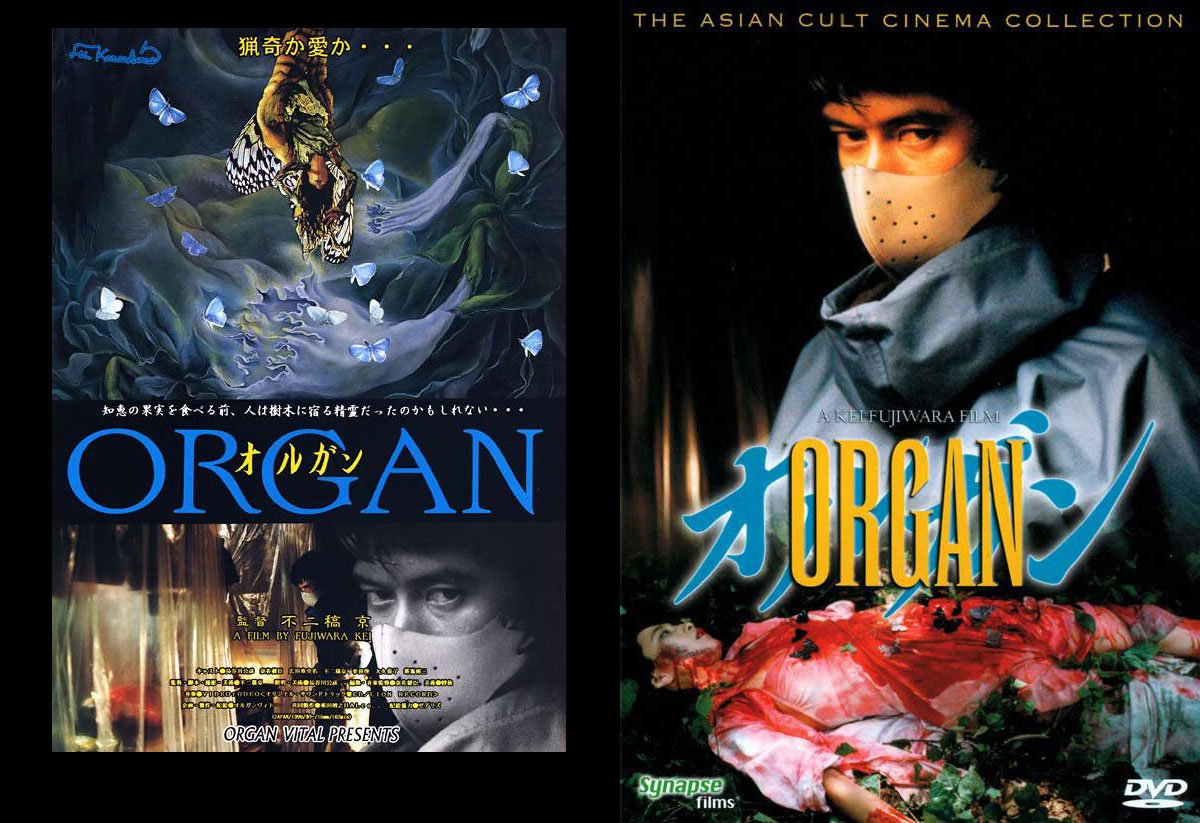
Organ. (1996). Η πρώτη ταινία της Kei Fujiwara.
Μία κριτική από το FilmBizarro (your source for underground and independent film) :
Genre: Mystery / Horror / Experimental / Surreal
Plot:
A Tokyo police officer falls victim to a Yakuza body-parts selling syndicate. Numata, the officer's brother, investigates and discovers the evil Yoko, leader of the syndicate. The alternate plotline involves Seaki, Yoko;s Biology teacher brother, as he conducts experiments on the reanimated, limbless body of the missing police officer...keeping him alive with the blood taken from high school virgin girls. (Source: Organ DVD)
Our thoughts:
It's not surprising to see Kei Fujiwara, the female lead from director Shinya Tsukamoto's cult classic "Tetsuo: The Iron Man" (1989), explore similar material and themes with her directorial debut. "Organ" is chalk-full of hyper-edited cut scenes, an industrial electronic soundtrack and strange characters with bodily "issues". However, Fujiwara ignores one major ingredient, cyberpunk, in favor of erecting a more allegorical reality still grounded in the perverse.
Most of the story results from the aftermath of a botched sting operation on an underground organ harvesting business. The ensuing drama that unfolds is intriguing, albeit difficult to follow. There are several different subplots that break off and evolve as we follow every character post-fallout (Numata, Yoko, Seaki, the harvester, etc.). Once they begin to come together does the film become easier to grasp. But for the first hour, it's hard to discern whether we are indeed witnessing actual events or memories in someone's head. This can be viewed as an invitation for multiple viewings in order to comprehend each storyline as it arrives toward the fateful collision with the rest. Still, an average viewer may frustrate more easily with the non-linear approach.
However, like "Tetsuo" and Shozin Fukui's "964 Pinocchio", "Organ" is best when treated simply as a visual experience. The special effects, makeup and atmospheric cinematography are breathtaking. The grainy greens and reds are amplified to great effect in settings like Seaki's biology closet. Fujiwara also utilizes sepia for background scenes, where a crazed mother rages on her children for her husband's infidelity. The camera's movements are even elegant during disjointed moments, like scenes where Numata is walking aimlessly along abandoned buildings.
Most importantly, there is a method to Fujiwara's madness. Underneath the grotesque imagery that passes over mainstream critics lies heavy-handed morality to dissect (no pun intended). The body-horror and psycho-sexual fantasies symbolize a common theme in Japanese culture: societal decay. Being a female director, Fujiwara also tackles gender. The men in the film portrayed as erotic fiends, for example, implies stereotypical male obsession with sex and violence. But she also uses her role as Yoko to enforce female dominance and guilty innocence.
Fans of Shinya Tsukamoto and Shozin Fukui's film catalogs will feel right at home with "Organ". For everyone else, much like cookies and milk, a pre-screening of David Cronenberg's "The Fly" may be required before entering Kei Fujiwara's demented world.
Positive things:
- Effective cinematography.
- Excellent make-up and special effects.
- Complex storyline surprisingly comes to a smooth finale.
- Original concept.
- Borrows influences versus copying them.
Negative things:
- Semi-underdeveloped characters.
- Complex storyline can get confusing in the middle section.
- Not a film for everyone, only fans of extreme genre films.
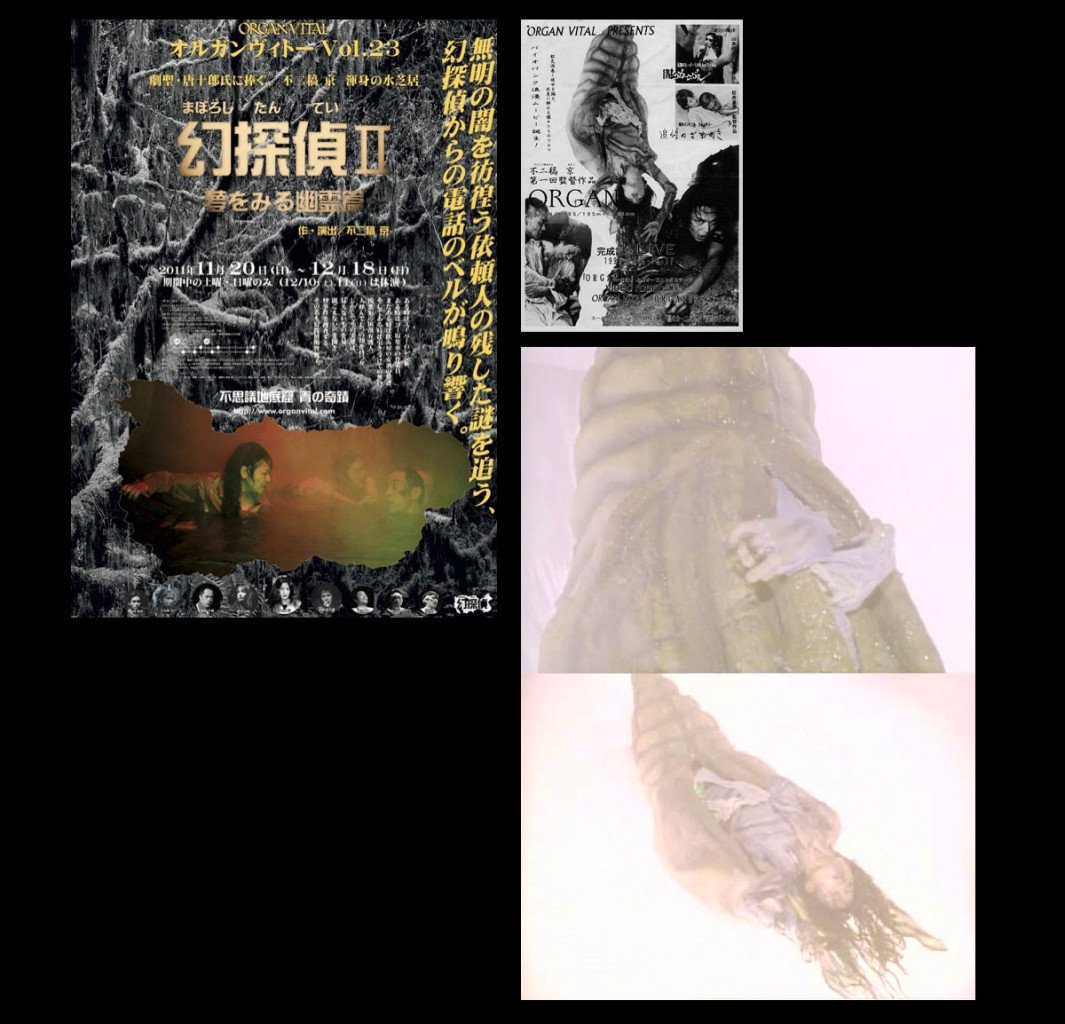
Organ. (1996). Βλ. Organ Vital και The Korvec Files.
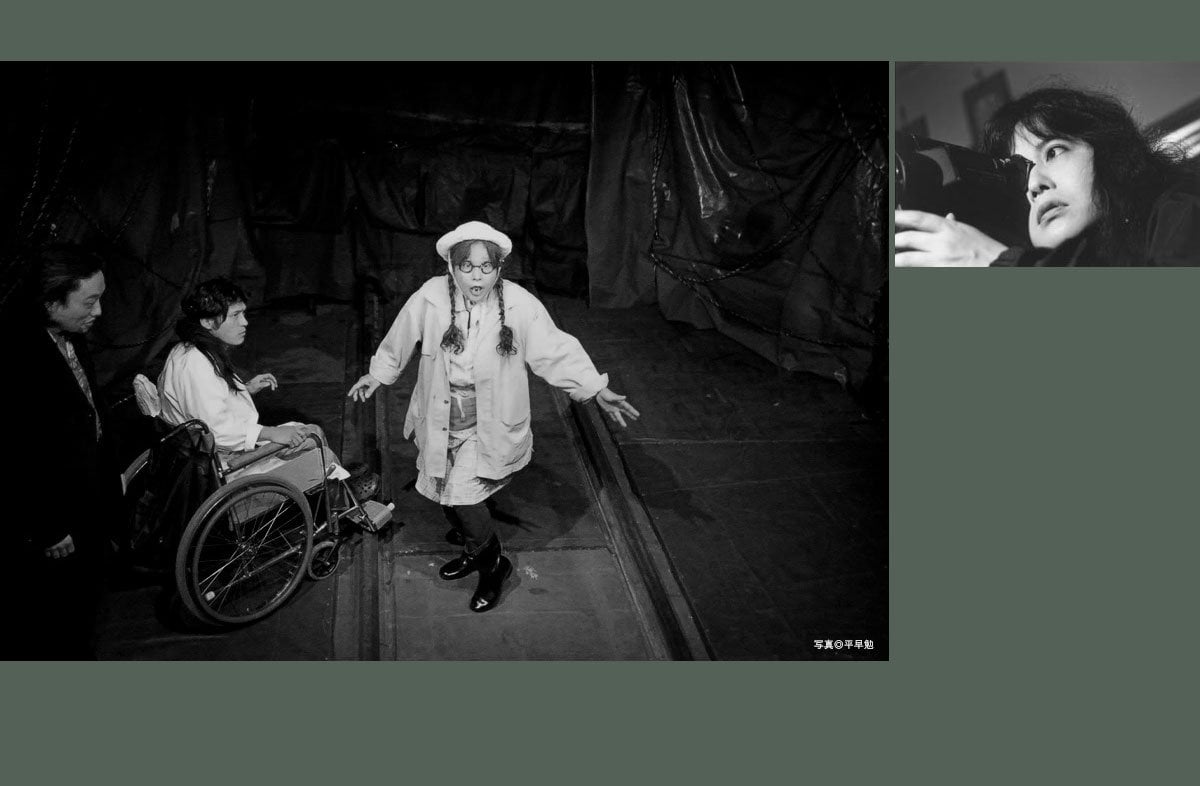
Organ. (1996). Βλ. organvital.
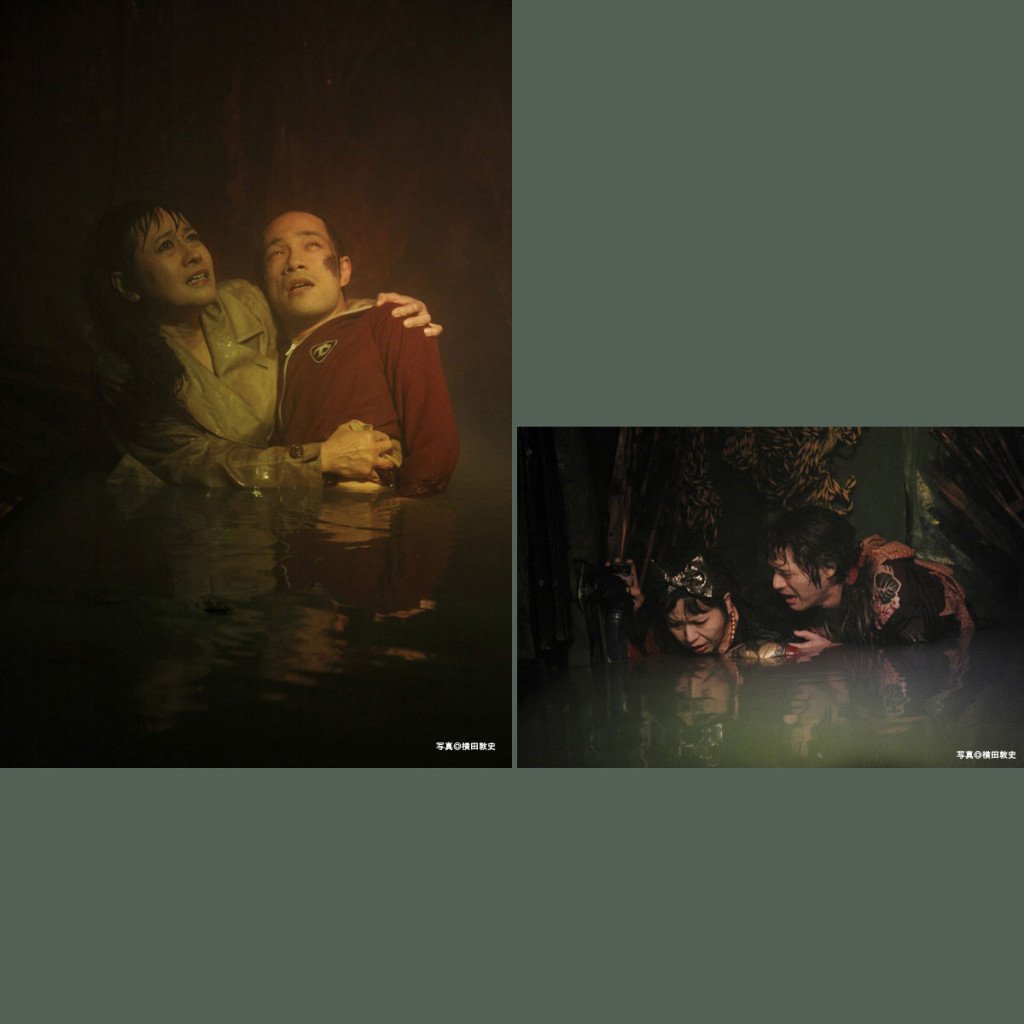
Organ. (1996). Βλ. organvital.
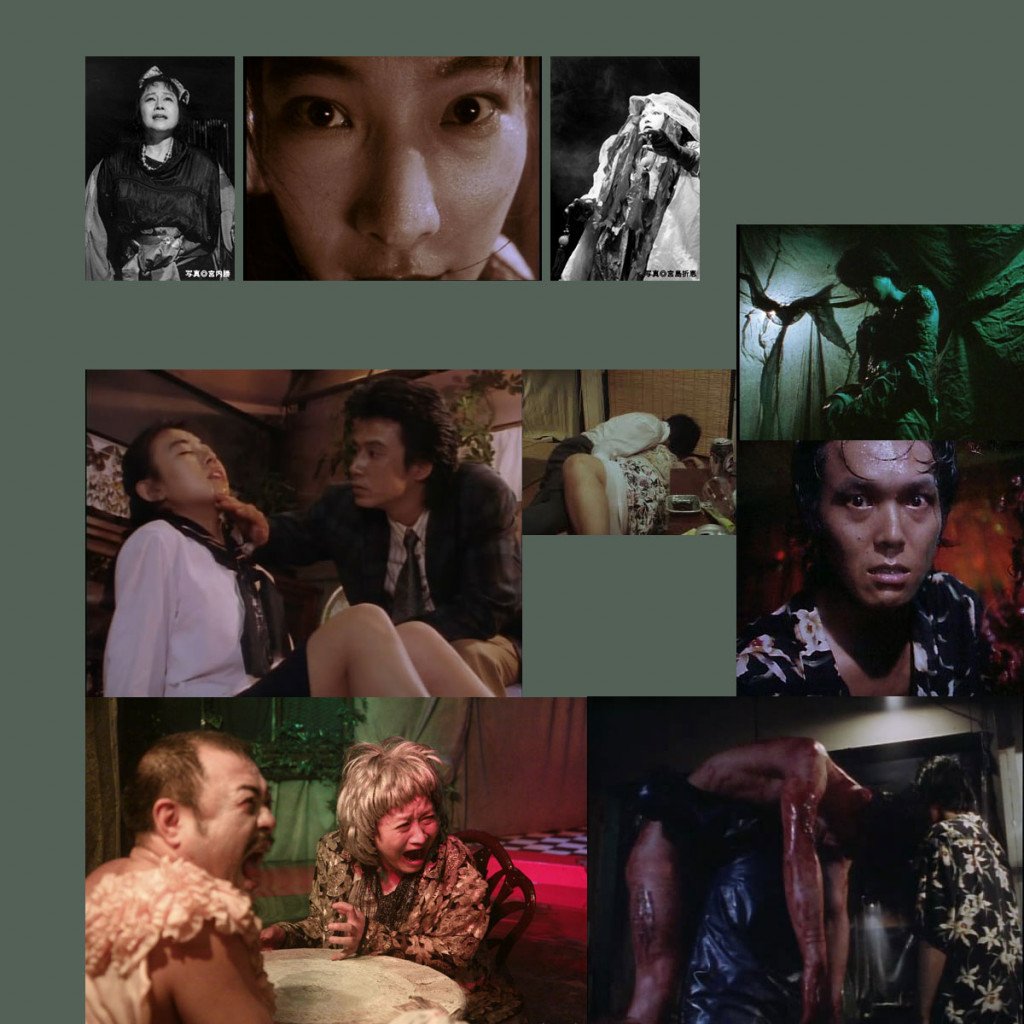
Organ. (1996). Βλ. organvital.
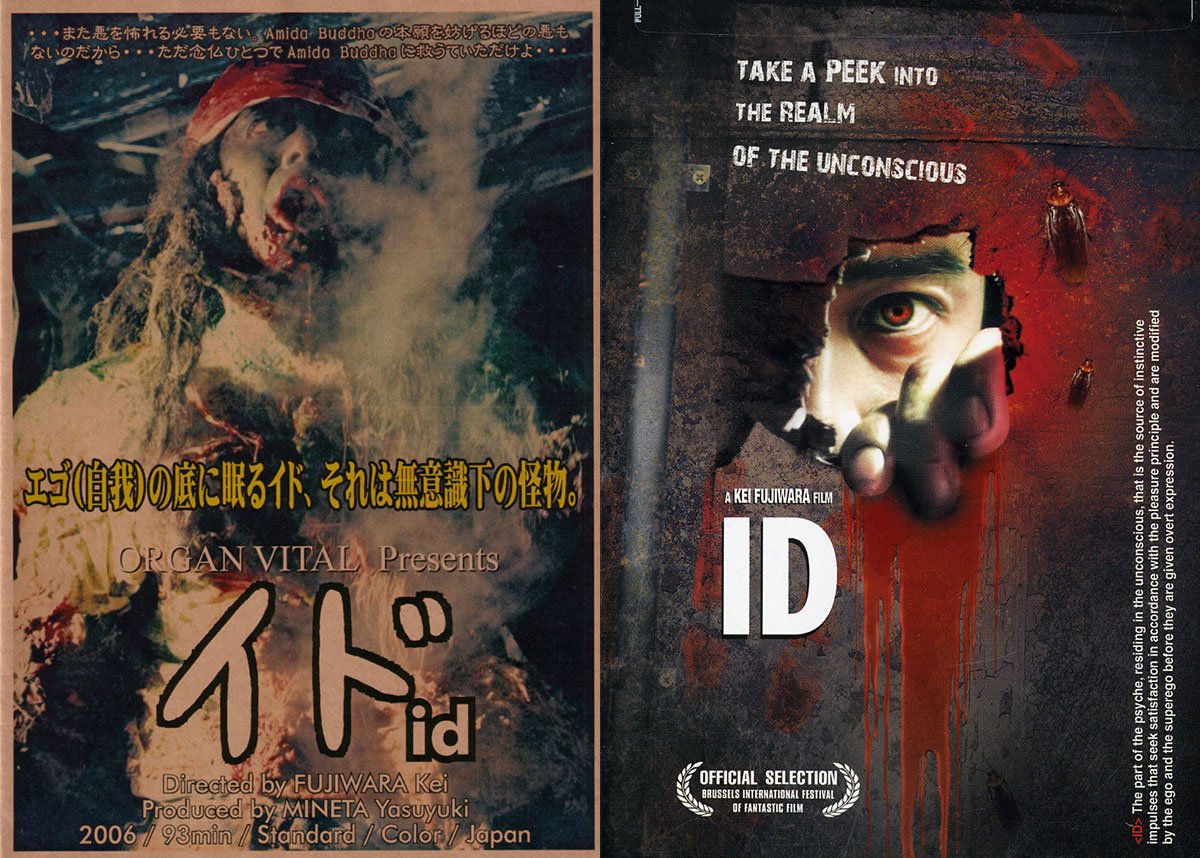
Αφίσες από τις δύο (μέχρι σήμερα) ταινίες της Kei Fujiwara : Organ και Ido (2006). Βλ. blog.livedoor και musicstack.com.
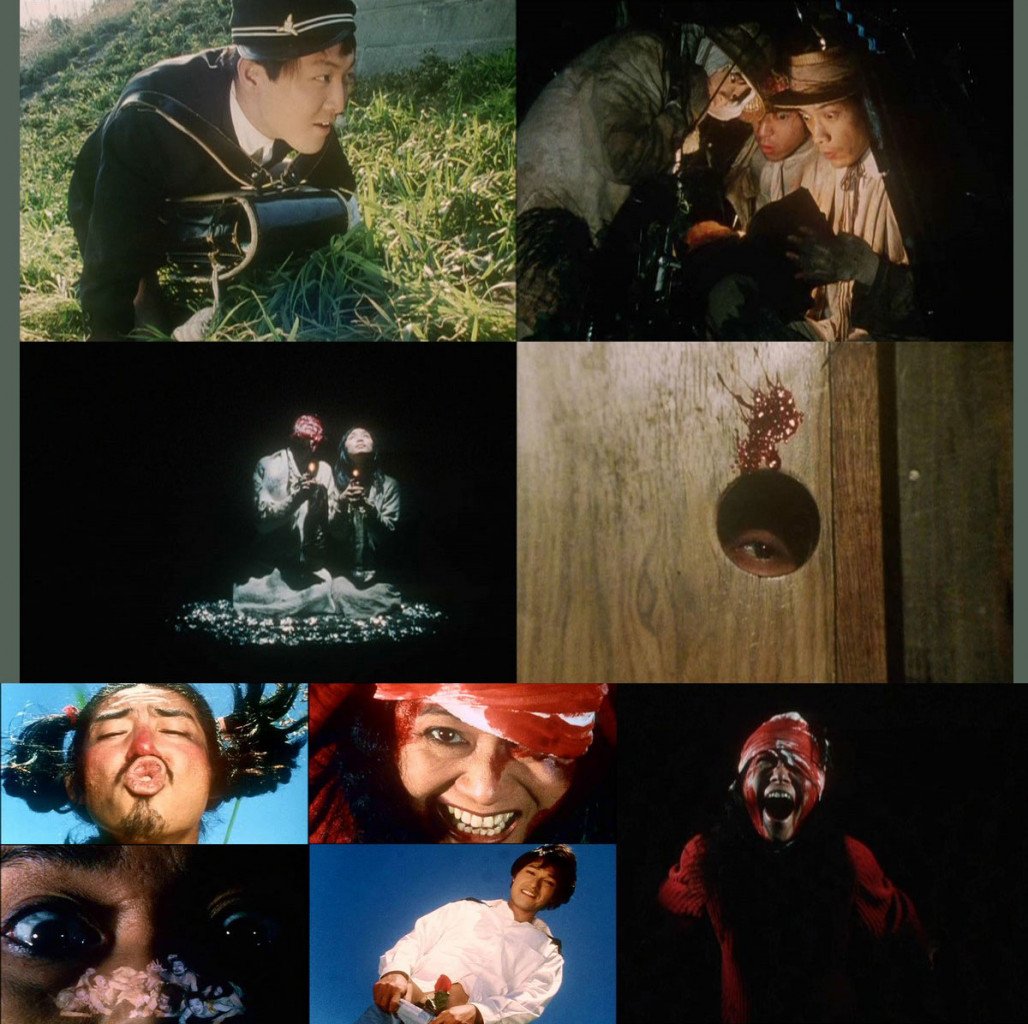
Ido (2006). Βλ. The Temple of Ghoul και Insecte Nuisible.





























σχόλια